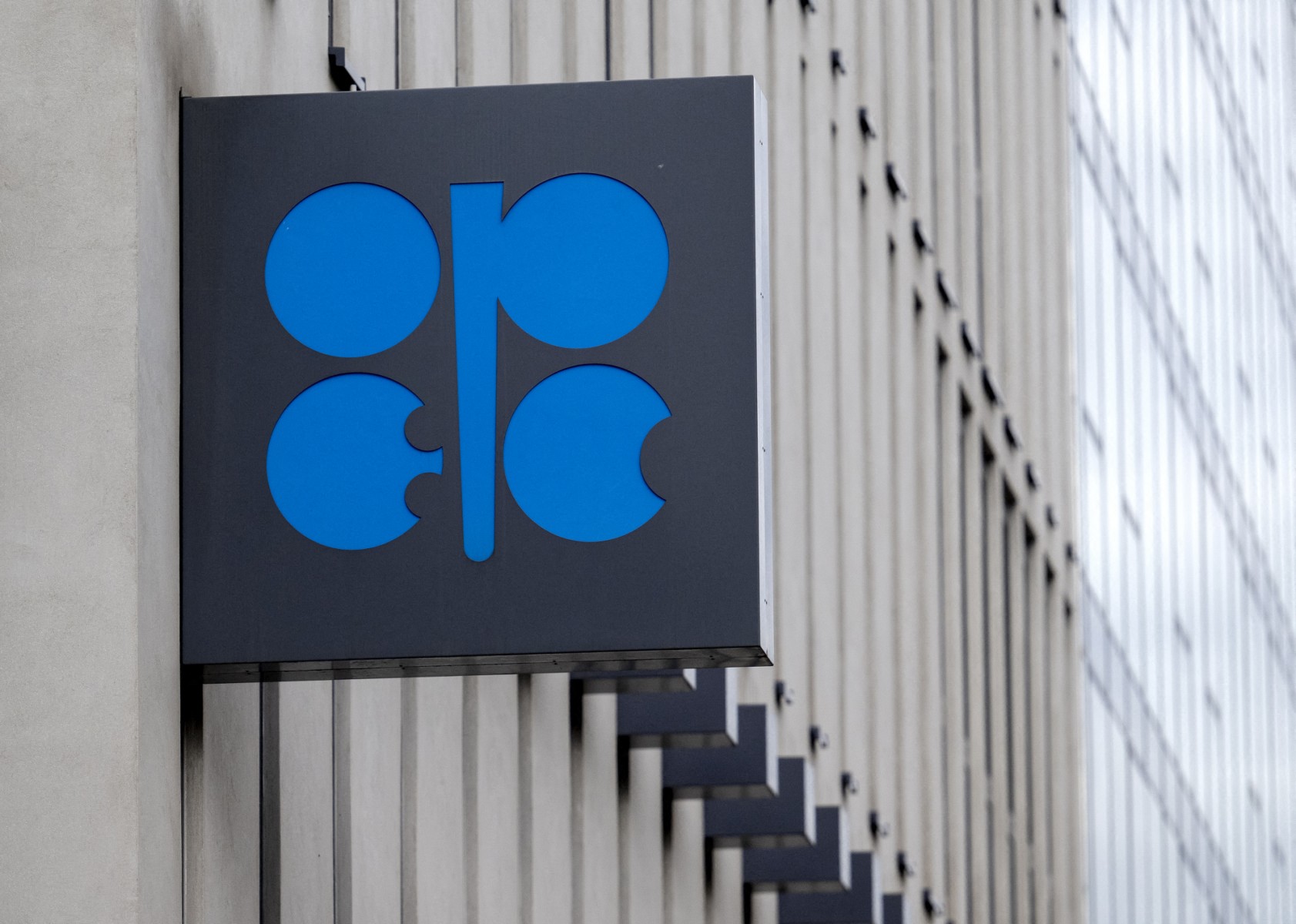Vienna, Austria – The OPEC oil cartel and its allies are expected Thursday to extend their supply cuts to avoid a sharp drop in prices in a global market awash in crude.
However, dissension that caused a delay in the meeting originally scheduled for Sunday has created some doubts about it being able to maintain the cuts that have propped up prices.
“OPEC+ is expected to decide on Thursday to postpone the production increase for a further three months until the end of the first quarter,” said Commerzbank analyst Carsten Fritsch.
“Nevertheless, there are still uncertainties,” he added, as certain countries want to boost output.
The virtual meeting is set to get underway around 1130 GMT, said a source close to the Vienna-based OPEC organisation.
Without a new agreement, the eight countries which have been making voluntary additional production cuts of 2.2 million barrels per day are currently set to begin increasing production beginning in January to gradually return it to 2022 levels.
Algeria, Iraq, Kazakhstan, Kuwait, Oman, Russia, Saudi Arabia and the United Arab Emirates have already twice pushed back the production increases that were set to have begun in October and then in December.
Disgruntled countries
The supply cuts are only having a muted impact on the market, with US president-elect Donald Trump expected to adopt policies to boost US oil output while China’s demand outlook is lacklustre as its economy languishes.
“Our current balances suggest that even if the OPEC+ cuts remain in place, global supply exceeds demand by more than 1 million barrels per day next year,” the International Energy Agency said last month.
OPEC+ nations are currently holding back six million barrels of oil a day, including the 2.2 million barrels a day of output that they have been discussing putting back on the market.
Analysts at DNB bank said “there is no room for additional OPEC+ oil in 2025” on the market and a boost in output would push down crude prices.
That would displease Saudi Arabia, which relies on high oil prices to fund efforts to diversify its economy.
Saudi Arabia is highly dependent on strong prices, “for its Vision 2030 and needs a united OPEC with production cuts in place,” said Energy Intelligence analyst Amena Bakr.
With Saudi Arabia and Russia holding sway in OPEC+, many analysts expect they will ultimately convince other countries to agree on a further postponement of the supply increases.
However Rystad Energy analyst Jorge Leon said “other countries would like to increase production”, in particular Kazakhstan and the UAE, and “have a lot of spare capacity”.
Production limits are only effective if they are respected, and earlier in the year the cartel called out Iraq and Kazakhstan for exceeding their quotas.
In June the UAE won an additional quota of 300,000 barrels per day in 2025, raising tensions with other nations that want to expand output.








